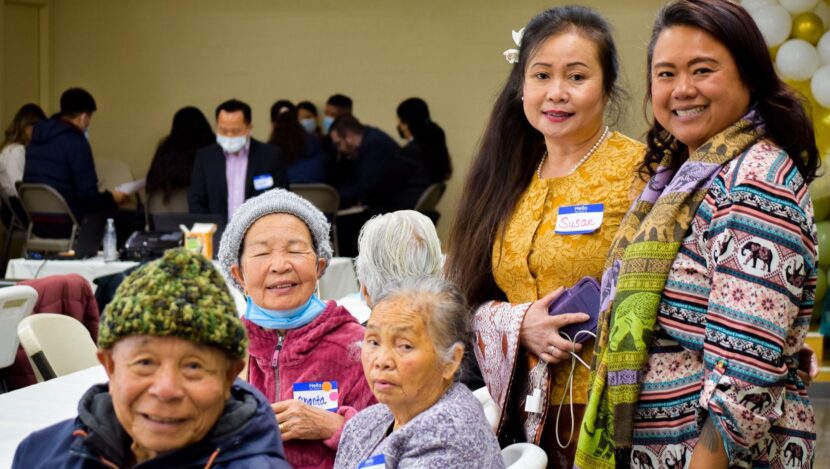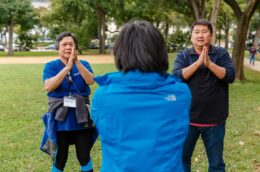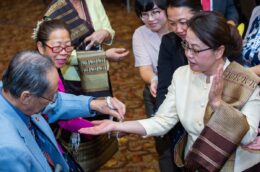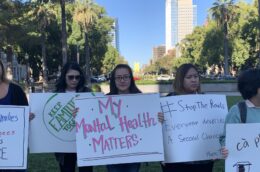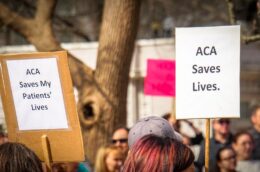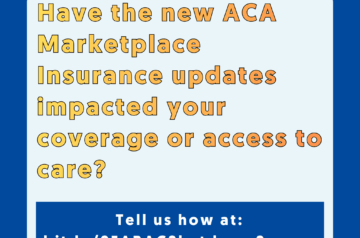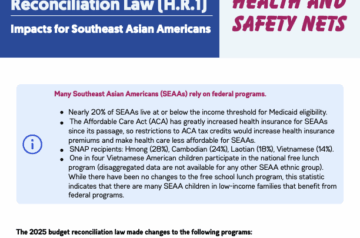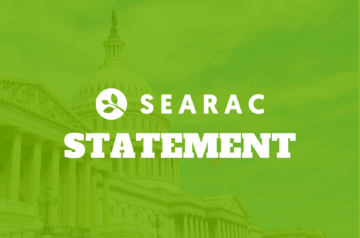Health care is a human right.
Southeast Asian Americans experience many barriers to health care access and culturally and linguistically appropriate care. Our health systems fail to understand and address health and mental health disparities that our communities face due to experiences with war, genocide, and displacement. SEAA older adults and elders have some of the highest rates of limited English proficiency of any ethnic group, and are more likely to live in poverty.
Our advocacy in health, mental health, and aging policy focuses on improving language access and culturally-relevant support in health, increasing resources for community organizations, uplifting community-defined best practices, and ensuring access to affordable and quality health care. We also advocate for elders to have financial security and caregiving support to age with dignity.
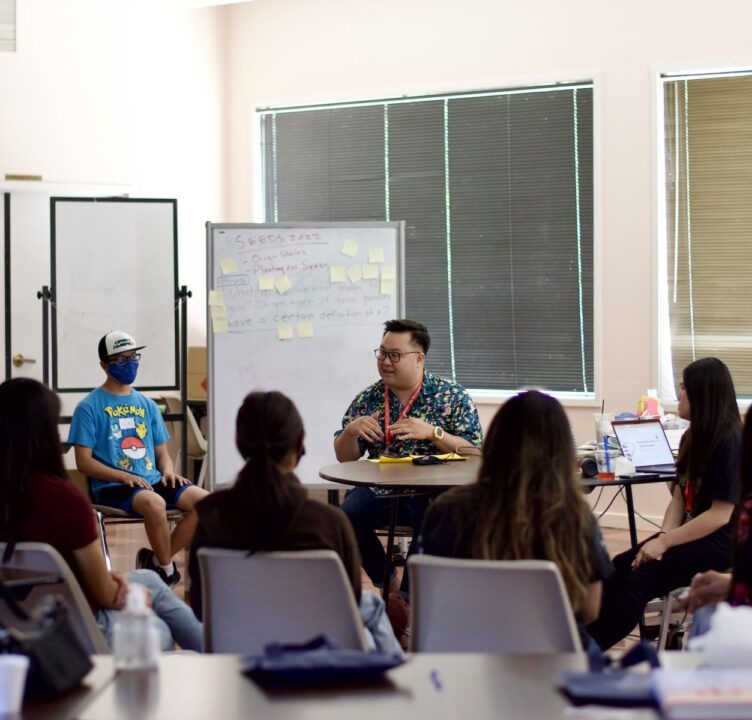
Featured News Story
SEARAC and EPIC Release Fact Sheets on Southeast Asian American, Native Hawaiian, and Pacific Islander Youth Mental Health Research
The Southeast Asia Resource Action Center (SEARAC) and Empowering Pacific Islander Communities (EPIC) are proud to launch fact sheets highlighting mental health research on Southeast Asian American, Native Hawaiian, and Pacific Islander youth.
Read full storyBy the numbers
The number of Asian American and Pacific Islander mental health providers available for every 100,000 AAPIs in the United States.
The number of older Cambodian adults who experienced major depression, compared to 3% of the general US population
The proportion of Vietnamese Californians who are limited English proficient, a major barrier to heathcare access
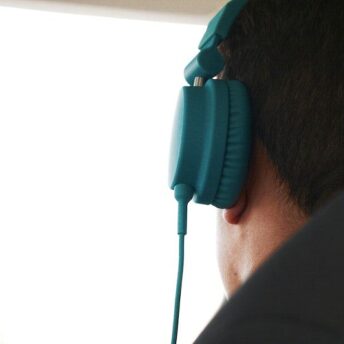
“Having family members that don’t value mental health because they don’t understand it is tough. So, I think it’s really important to have access to resources or a therapist because of the generational trauma that I’ve experienced.
excerpt from our Voices Unheard report
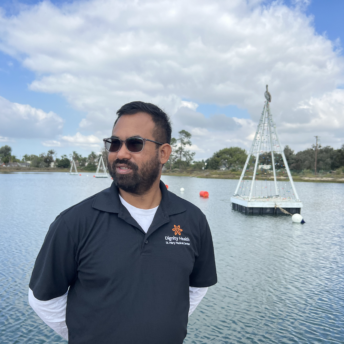
“My goal now is to engage our youth program and our adult program to flourish intergenerational connections because I see this gap of understanding between youth and seniors. Despite their different generations, they have similar challenges– such as feeling alone and not being heard.”
member of SEARAC’s inaugural California Policy Seeding and Leadership Cohort
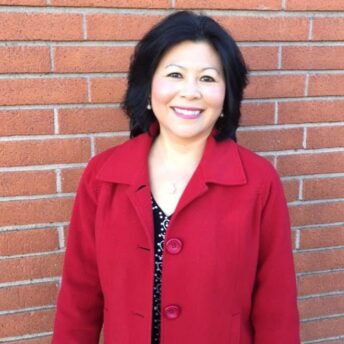
“I believe that people are generally capable, resilient, and have a desire to move towards growth, even in the face of challenging life circumstances. These assumptions make me optimistic about the human capacity to heal from traumas and contribute to my belief that most of us can overcome hardships, if we are able to access adequate help and support.”
the first Vietnamese woman to earn a PhD in clinical psychology in America
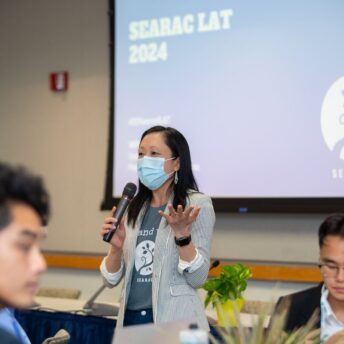
“Equitable access to health care is more important now than ever. … Too many Southeast Asian Americans still lack access to health care or are provided inadequate coverage and culturally competent care.”
SEARAC Executive Director, during the introduction of the Health Equity and Accountability Act of 2020

